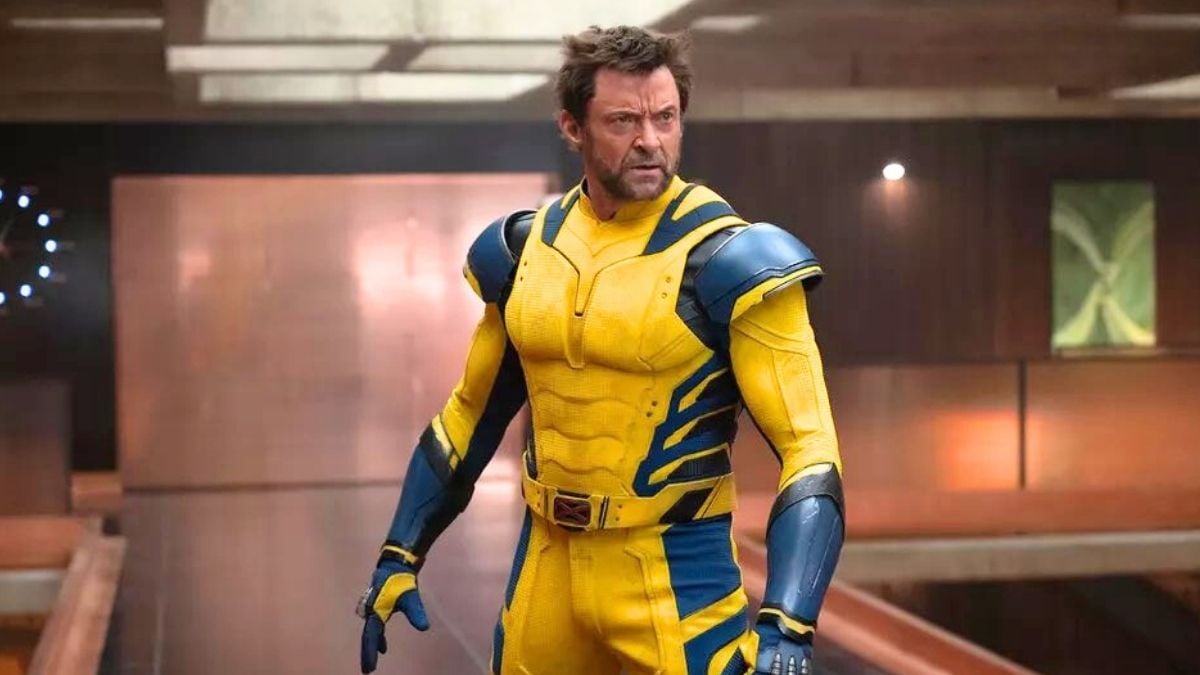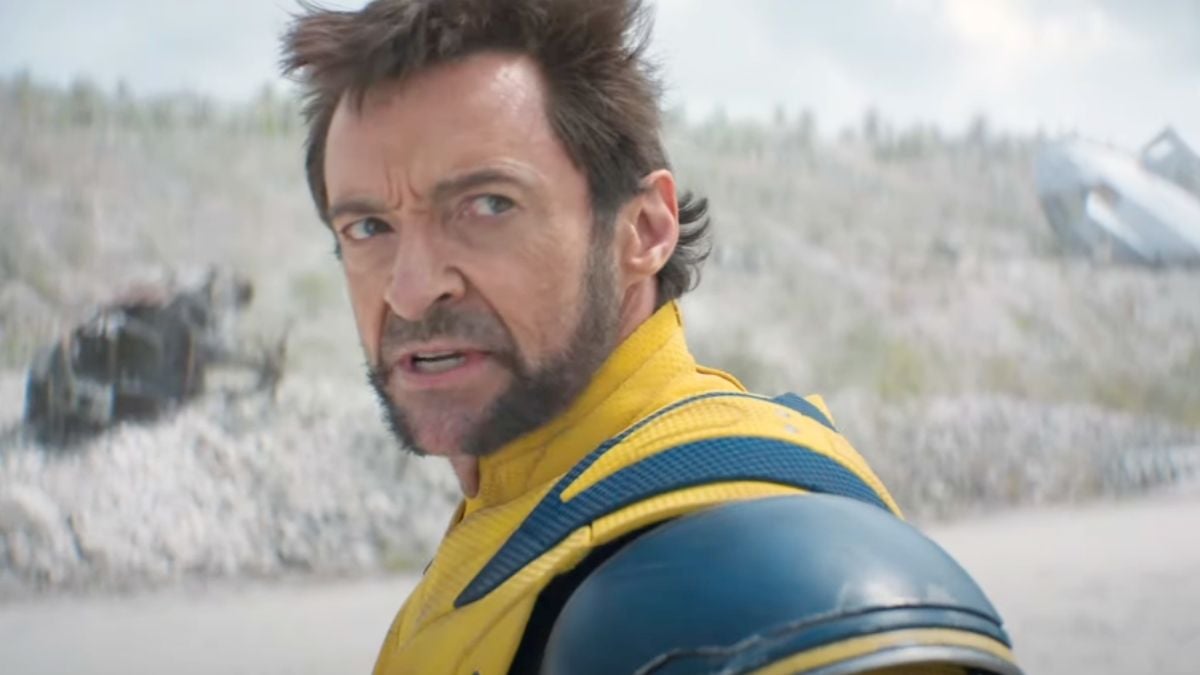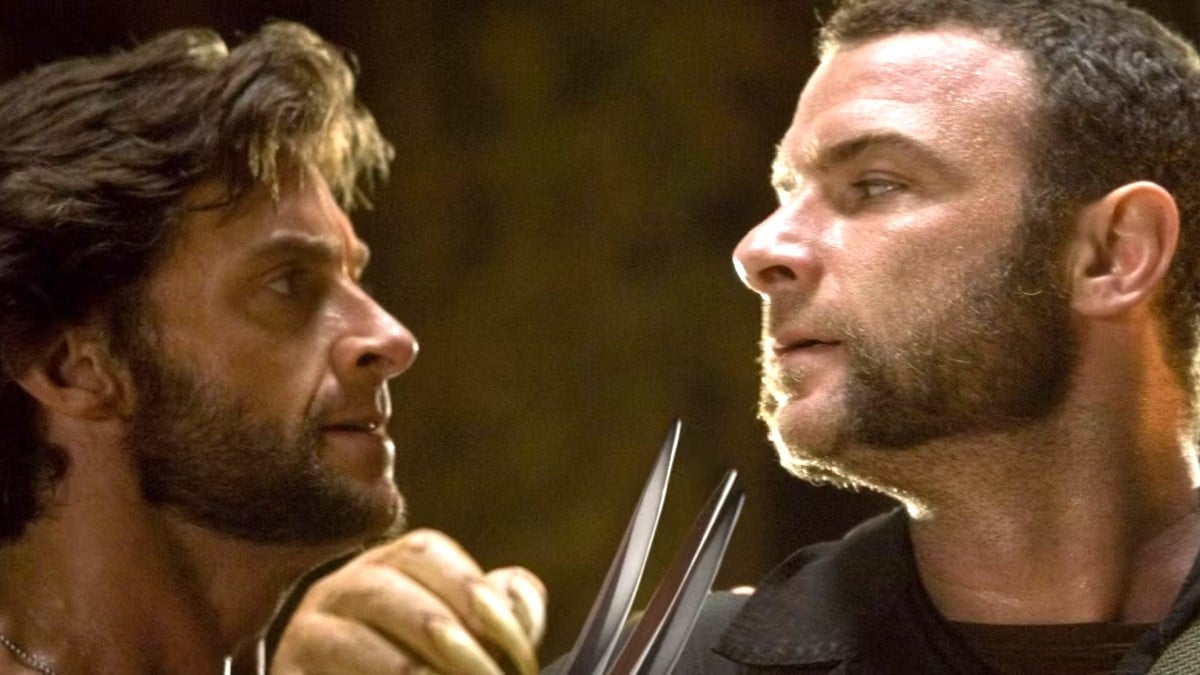Disney and Lucasfilm’s Star Wars Sequel Trilogy may have earned a combined total of over $4 billion at the box office, but the reception to The Force Awakens, The Last Jedi and The Rise of Skywalker got increasingly frosty as the films progressed.
Episode VII became one of the biggest hits in the history of cinema and largely had the fans on board, easing them back into a galaxy far, far away by introducing a raft of new characters but offering plenty of nostalgia as well, with the narrative more than a little reminiscent of A New Hope in its broadest strokes.
However, Rian Johnson then came along and split the fanbase straight down the middle with the wildly polarizing The Last Jedi, and some Star Wars enthusiasts are still not over the widespread and often wholesale changes to the mythology. Of course, Abrams came back on board for The Rise of Skywalker, and it wouldn’t be unfair to say that one of the most hotly-anticipated blockbusters ever didn’t really deliver.
The Sequel Trilogy would’ve benefited immensely if there was an outline in place to ensure that all of the pieces were heading in the same direction, and in a new interview, Abrams addressed the strategy to start each film with basically a clean slate, comparing it to his time working in television.
“There are projects that I’ve worked on where we had some ideas but we hadn’t worked through them enough, sometimes we had some ideas but then we weren’t allowed to do them the way we wanted to. I’ve had all sorts of situations where you plan things in a certain way and you suddenly find yourself doing something that’s 180 degrees different, and then sometimes it works really well and you feel like, ‘Wow that really came together’, and other times you think, ‘Oh my God I can’t believe this is where we are’, and sometimes when it’s not working out it’s because it’s what you planned, and other times when it’s not working out it’s because you didn’t have a plan.
You just never really know, but having a plan I have learned, in some cases the hard way, is the most critical thing, because otherwise you don’t know what you’re setting up. You don’t know what to emphasize. Because if you don’t know the inevitable of the story, you’re just as good as your last sequence or effect or joke or whatever, but you want to be leading to something inevitable.”
Rian Johnson made The Last Jedi with very little input or pushback from the studio, veering wildly away from several plot points that Abrams had gone to great lengths to establish, while The Rise of Skywalker doubled back again after the response to its predecessor, with original director Colin Trevorrow’s script and ideas being heavily reworked in the process. It was a creative clusterf*ck, to say the least, and didn’t do Star Wars any favors.




























Published: May 26, 2021 02:19 pm